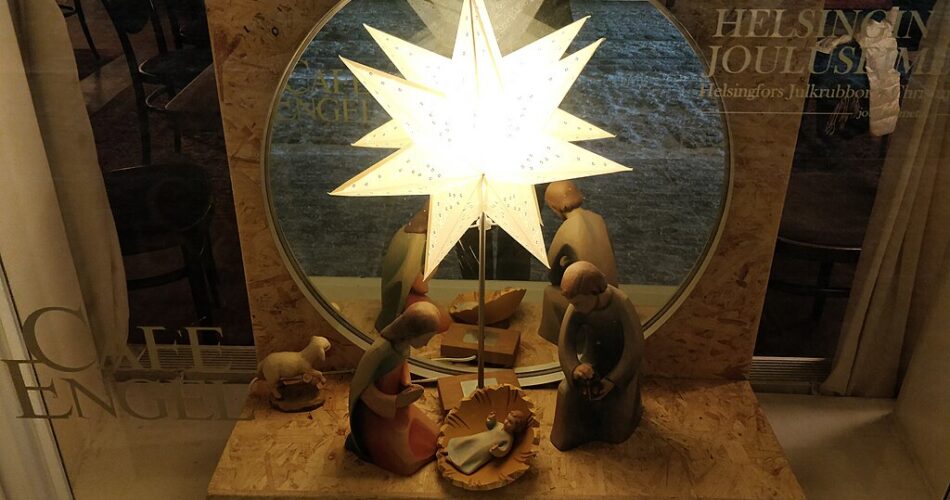They want to protect Christmas.
The Liberty Counsel, a conservative law firm, has announced the launch of its 22nd annual “Friend or Foe Christmas Campaign,” aimed at defending the right to display Christmas decorations on public and private property. The campaign, which began in 2003, was created in response to ongoing legal challenges, threats, and demands from organizations seeking to restrict religious expressions related to Christmas, such as Nativity scenes and religious symbols. Liberty Counsel founder Mat Staver emphasized that the campaign’s goal was to distinguish between those who support and those who oppose the celebration of Christmas in public spaces.
Initially, the campaign focused on issues in public schools, where Christmas concerts and songs were censored, and Nativity scenes were banned. Students also faced restrictions on handing out Christmas cards, and even holiday colors like red and green were sometimes prohibited. Over time, the campaign expanded to address similar issues in nursing homes, assisted living facilities, and private sector businesses, particularly as retailers began to avoid mentioning Christmas, opting for terms like “holiday tree” or “holiday lights.” In response, Liberty Counsel introduced a “Naughty and Nice” list to highlight businesses that censored Christmas while still profiting from it, and those that embraced the holiday.
The “Friend or Foe Christmas Campaign” was launched early this year to proactively address any potential censorship issues. Staver explained that many decisions regarding Christmas displays and events, such as school performances and public Nativity scenes, occur at the end of the year. The campaign aims to prevent such censorship before it happens, ensuring that the holiday is celebrated openly and without restriction. Staver noted that the campaign has contributed to a significant decline in complaints over the years.
One factor behind the reduction in Christmas censorship, according to Staver, is a shift in legal interpretations by the U.S. Supreme Court. The Court’s recent decisions, such as in the 2022 Kennedy v. Bremerton School District case, have moved away from the Lemon Test, which had previously allowed government actions involving religion if they served a secular purpose and did not excessively entangle church and state. The Court’s rejection of this test, particularly in cases involving personal religious observance, has made it easier to defend religious expressions, including Christmas displays, in public spaces.
Staver described the Supreme Court’s move away from the Lemon Test as a significant development for the campaign, providing greater legal freedom for the celebration of Christmas in public settings. He believes this shift has helped reduce the number of legal challenges to Christmas displays and festivities, allowing for more open recognition of the holiday.
